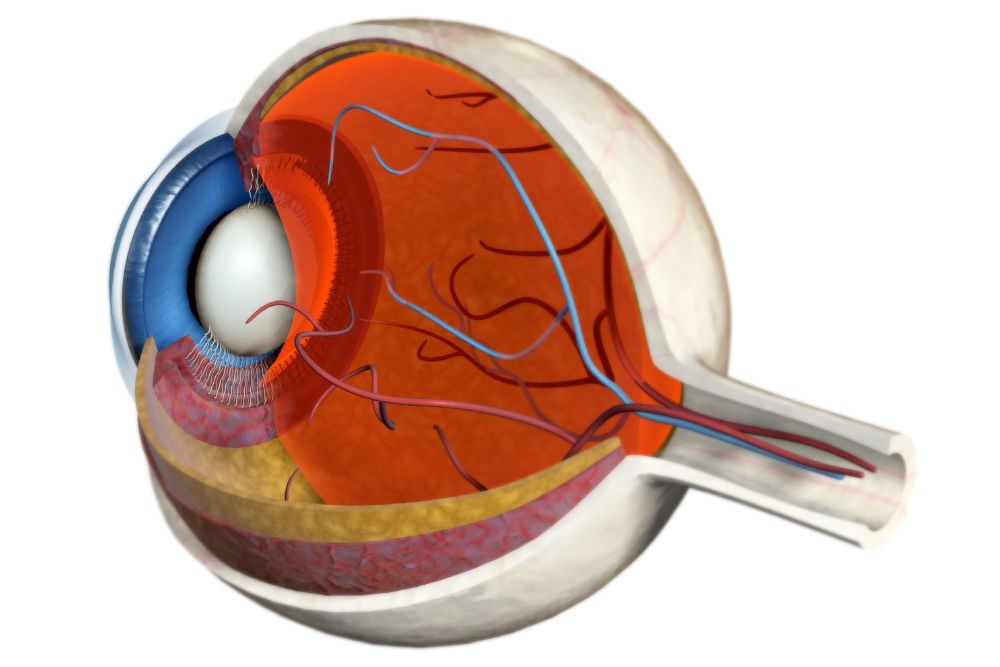Retinal Anatomy Unveiled: The Structure and Function of Vision

We use our eyes every day. However, we rarely think about the structure of our eyes and how vision works. The retina plays a pivotal role in how we see the world around us, translating the light we absorb into the images we see. Let’s break down the anatomy of the retina, what conditions impact it, and how you can seek help from a retina specialist if you have concerns about your vision.
What Does the Retina Do?
The retina captures the light that enters your eye and translates it into images. As the light passes through the lens of your eyes and to the retina, photoreceptors (the cells inside your retina) change light energy into an electrical signal. This signal then travels to the brain, allowing you to see an accurate picture of your surroundings.
Without a retina or with a damaged retina, your eye would still function and absorb light. However, your brain wouldn’t receive the information it needs to create images, severely limiting your vision. Therefore, doctors take retinal conditions extremely seriously. If they suspect a retinal issue, they’ll refer you to a retina specialist, a doctor who specializes in the retina and conditions that impact it.
Where Is the Retina Located?
The retina is located at the back of the eye, opposite the lens and pupil. It consists of the macula and the peripheral retina. The macula is in the center of the retina and processes most of what you see. The peripheral retina fills in the edges of your visual field (i.e., your peripheral vision). Photoreceptors process light into electrical signals. There are two main types of photoreceptor cells: rods and cons. Rods help you see at night and in dim light, and cones process color and fine details. These cells work together within the retina to help you accurately see what’s around you.
Common Retinal Conditions
You may have a retinal condition if you experience blurry vision, loss of peripheral vision, light sensitivity, or increasingly worsening vision. If you have any of these symptoms, you should see a retina specialist as soon as possible. Conditions that impact the retina include:
